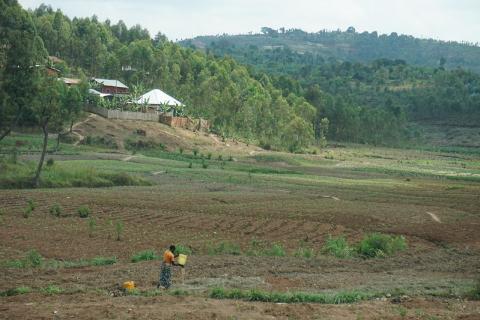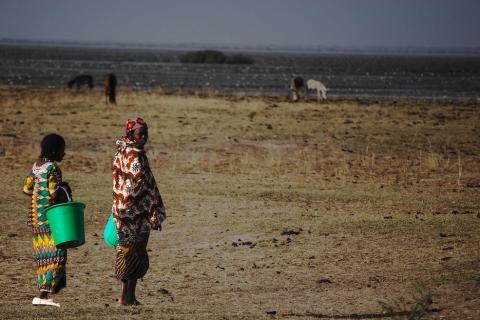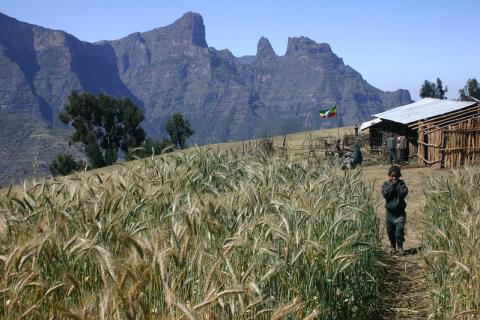As histórias ajudam a dar vida aos dados. Explore a nossa rica colecção de histórias de dados sobre terra e direitos de propriedade, e partilhe a sua própria história no Land Portal, inscrevendo-se hoje.
Histórias da Rede
Conheça as histórias mais recentes, redigidas pelos parceiros e colegas da nossa rede.
Protecting the Roots of a Sacred Tree
With USAID support, an Afro-Colombian community received a collective land title, guaranteeing ownership of their traditional lands.
Vencedores do Concurso de Histórias de Dados
Nosso Concurso Anual de Histórias de Dados apela para histórias dinâmicas vinculadas à terra que chamem a atenção e apresentem dados de forma inovadora e cativante. Conheça aqui a lista dos vencedores e vencedoras mais recentes.
A New Hope
This is the story of how dozens of communities in Mozambique are mapping and documenting their own land rights. "A New Hope" is the winner of the Land Portal's Second Data Story Contest, and is authored by the team at Terra Firma Mozambique.
The burden of history: Land and a divided community in San José Sinaché, Guatemala
We meet Rosalía in a roadside café in a dusty town in the Quiché department, in Guatemala’s Western Highlands. She lowers her voice whenever people come in – you never know who might be listening. Land is sensitive stuff, especially in Quiché, a region that still bears, perhaps more than any other part of Guatemala, the scars of the civil war (1960-1996) – as we will see. In 2018 alone, 15 defenders of land rights in Guatemala have been killed with total impunity, several of them in Quiché.
The Power of Land
This story was submitted as part of the Land Portal Data Stories Contest and was the recipient of the second prize.
How Satellites can locate potential land grabs in Africa
This data story gives an overview of current land grabbing databases, their lack of spatial information and how remote sensing datasets can overcome this lack when being used to detect large scale agricultural production schemes.





